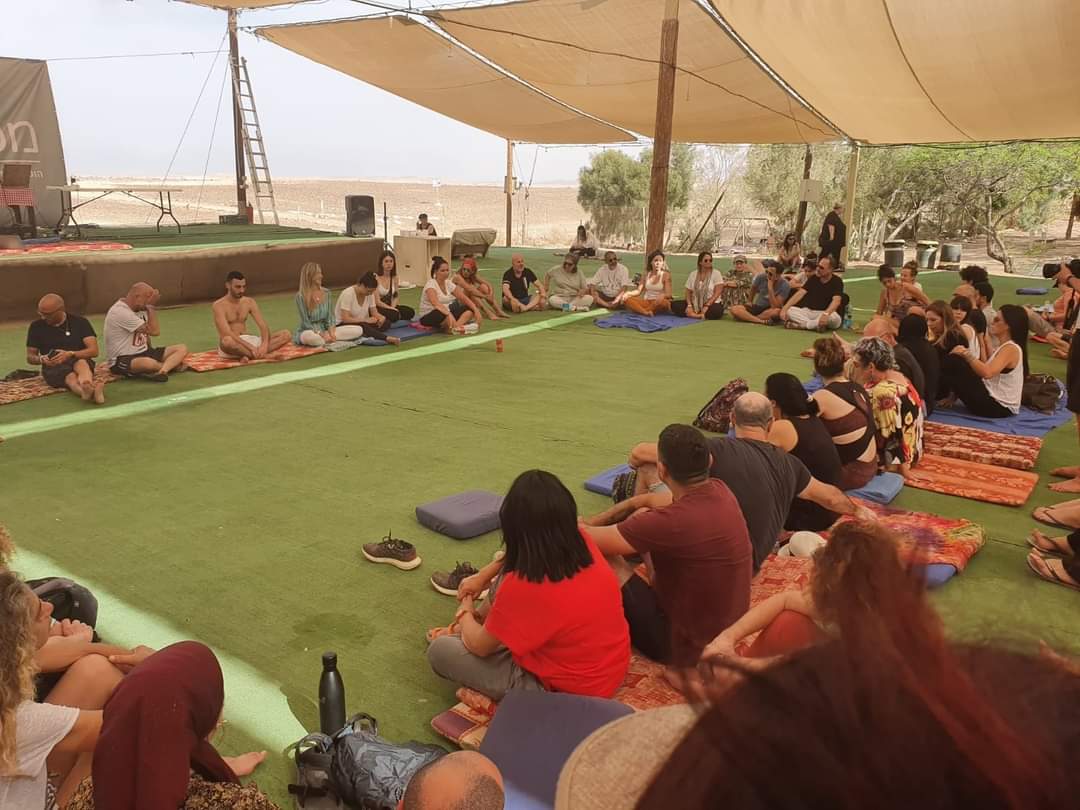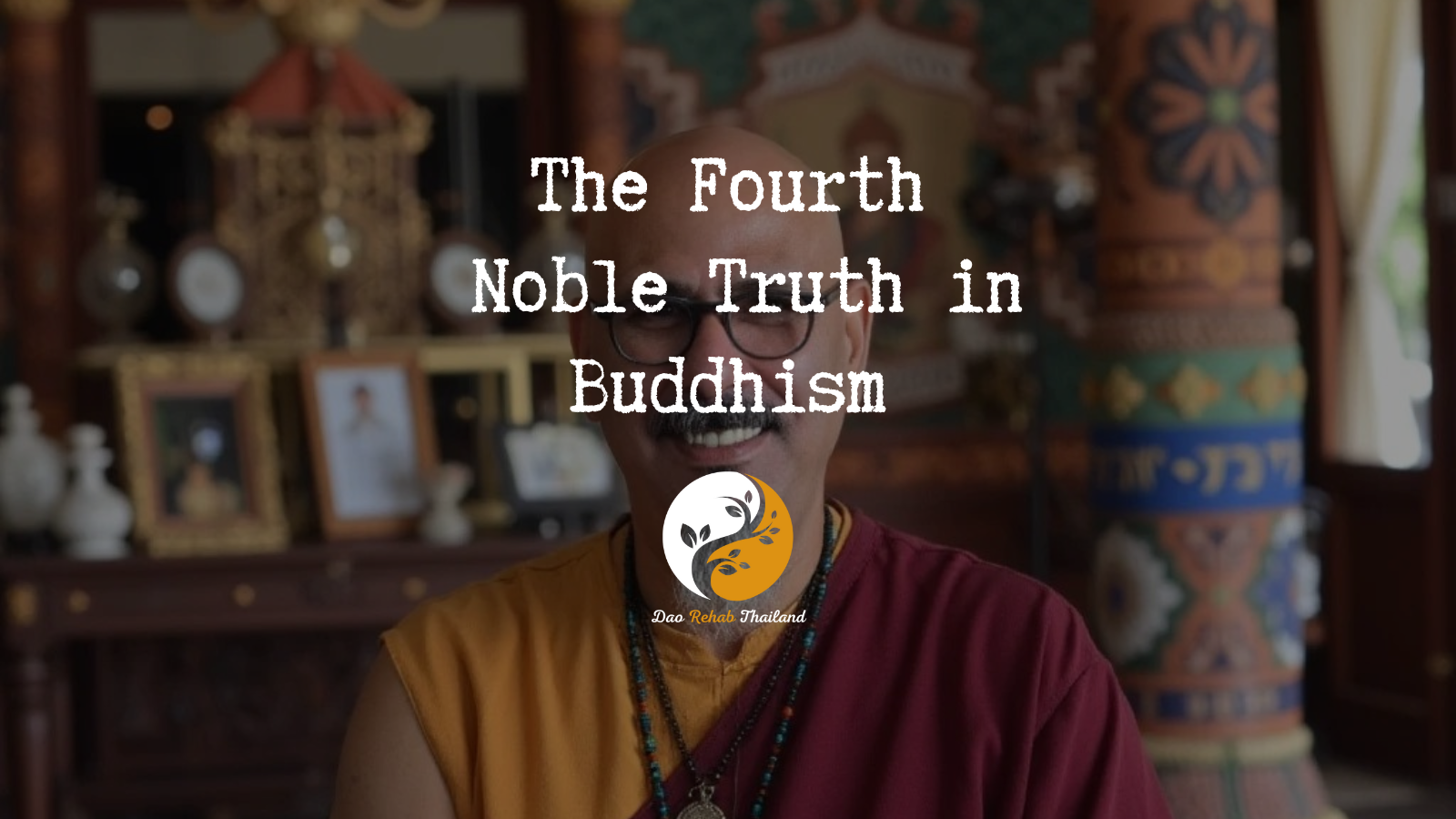
fears and anxieties
fears and anxieties
“Turning the impossible into possible”

"Detox from OxyContin at a Luxury Holistic Center in Thailand and Israel"

Jidu Krishnamurthy on fears and anxieties
Fear is one of the main issues in our lives. It appears in a wide variety of fields, from personal boundaries to politics. Fear can stem from relationships with spouses, children or other people. When we experience economic or social uncertainty, fear intensifies. We face many fears in life, but we often don’t address them directly. Instead, we tend to ignore or repress them.
"Holistic Center for Trauma, Addiction, and Mental Imbalance Treatment in Thailand"
“Come to the beginning of your journey to freedom from addiction to alcohol, drugs, and pills, and rediscover your life within the serene embrace of DaoTherapy Rehab in Thailand—where holistic healing meets empowering recovery.”
DaoTherapy Holistic Rehab
Key Elements of OxyContin Detox:
Medical Supervision: OxyContin detox must be conducted under medical supervision, as the body may experience withdrawal symptoms. These can include nausea, anxiety, muscle aches, and insomnia. A medical team will monitor and manage these symptoms to ensure the patient’s safety and comfort.
Holistic Therapies:
Holistic Therapies: Many detox programs incorporate holistic therapies such as mindfulness, yoga, and meditation to help individuals cope with stress and anxiety during the detox process. These therapies support the mind-body connection and contribute to overall recovery.
Tapering Process
Tapering Process: OxyContin detox often involves a gradual tapering of the drug to reduce withdrawal severity. Doctors will slowly decrease the dosage over time to allow the body to adjust to lower levels of the substance.
Psychological Support:
Psychological Support: Like any addiction recovery process, detox from OxyContin includes psychological support. This can involve counseling, therapy, or support groups to address the mental and emotional aspects of addiction.
Post-Detox Treatment:
Post-Detox Treatment: After completing detox, continuing treatment is crucial to prevent relapse. This often includes participation in ongoing therapy, group support, and the development of new coping strategies to maintain sobriety.
Fear is one of the main issues in our life
Fear is one of the main issues in our lives. It appears in a wide variety of fields, from personal boundaries to politics. Fear can stem from relationships with spouses, children or other people. When we experience economic or social uncertainty, fear intensifies. We face many fears in life, but we often don’t address them directly. Instead, we tend to ignore or repress them.
Psychologists and researchers have tried to explain fear in different ways, but these explanations often make us even more afraid. If we accept everything they say, it may increase our anxieties. We need to ask ourselves how we can deal with fear in a healthier way. Instead of focusing on the fear itself, we should examine its deeper roots.
When we experience fear, it affects every aspect of our lives. It changes our thinking, feelings and behavior. Fear is a universal experience that we all know. However, we often ignore its profound effects on our lives.
Fear is closely related to death. The thought of our own death or that of our loved ones can cause deep anxiety. We also fear the loss of financial security or stability in our lives. We can fear that our partners will leave us or that our friends will turn their backs on us. These are common concerns that many of us experience.
To deal with fear, we must look within and ask ourselves deep questions. Instead of relying on external answers, we should explore our inner motives and feelings. By confronting our fears directly, we can begin to develop a deeper understanding of ourselves.
The problem is that in psychological terms, thought and time are seen as real. We believe that our thoughts and our perception of time are real and solid. However, a closer examination reveals that thought and time are not as real as we imagine. They are abstract concepts created by our consciousness.
When we realize that our thoughts and time are not real, suddenly the world looks different. We begin to see the insubstantiality of our experience. It can be scary at first, but it’s also liberating. We open up to the possibility of a life that is not controlled by fear.
To be free from fear, we must get out of the mental structures we have created. We must learn to observe our consciousness without judgment or expectation. When we do this, we discover an inner stillness and peace that has always been present. We learn to accept the uncertainty of life and live in the present moment.
The way to deal with fear is not through avoidance or denial. It is a process of honest and courageous self-inquiry. It requires us to face our deepest vulnerabilities and weaknesses. However, when we do, we discover a new freedom and vitality. We learn to live our lives from a place of love and wonder, not fear.

contact us
Contact us with your questions
We would love to speak with you! Feel free to reach out with any questions.

get in touch
Schedule a free consultation
Schedule a free consultation with our team and let’s make things happen!
Fear is a basic and powerful human emotion that affects every aspect of our lives
Fear is a basic and powerful human emotion that affects every aspect of our lives. It permeates every corner of our existence, from our daily interactions to the far-reaching decisions we make. Fear can stem from a wide variety of sources, such as interpersonal relationships, economic challenges, uncertainty about the future or even political conflicts. Although fear is an integral part of the human experience, we often do not address it directly or analyze its profound impact on our lives.
When we experience fear, it can manifest itself in a variety of ways. It can influence our thoughts, feelings and behaviors, often without our conscious knowledge. Fear can make us avoid risks, avoid certain situations or make decisions out of a feeling of anxiety or stress. It can also lead to physical reactions, such as an increased heart rate, increased sweating or difficulty breathing. Although these reactions are natural, they can be overwhelming when they occur too frequently or with too much intensity.
To start dealing with fear, it is important to recognize its presence and its influence on our lives. Often, we tend to suppress or ignore feelings of fear, believing that focusing on them will only increase our anxiety. However, ignoring our fear can actually make it worse over time. When we don’t face our fears, they can accumulate and develop, eventually taking over our lives in unexpected ways.
The first step in dealing with fear is to acknowledge its existence and give ourselves permission to fully experience it. It involves developing an awareness of the physical sensations, thoughts and feelings that accompany fear. Instead of trying to suppress or avoid these feelings, we can learn to notice them with curiosity and compassion. By embracing the full experience of fear, we begin to understand the subtle mechanisms that activate it.
Effectively dealing with fear also involves investigating its deeper sources and causes. Often, our fears stem from basic beliefs or assumptions we hold about ourselves, others and the world around us. For example, we may be afraid of rejection because of a deep belief that we are not worthy of love, or we may be afraid of failure because of high expectations we set for ourselves. By uncovering these underlying assumptions and examining their validity, we can begin to loosen the grip that fear has on us.
Another important part of dealing with fear involves accepting uncertainty as a basic fact of life. It’s easy to get caught up in thinking that if we could just control every aspect of our environment, we could prevent the fear from happening. However, the reality is that life is full of unexpected surprises and inevitable changes. The more we fight this uncertainty, the more we increase our sense of fear and anxiety. Instead, we can learn to accept insecurity as a natural and integral part of our human experience.
In addition to personal techniques for dealing with fear, it is also essential to recognize its interpersonal and social aspects. Many of our fears develop in the context of relationships and interactions with others. For example, we may be afraid to express ourselves honestly in relationships for fear of being rejected or judged. Or we may fear taking risks in our workplace for fear of failing and losing our financial security. By looking at our fears within the broader contexts in which they occur, we begin to understand how they relate to deeper social and cultural structures.
Ultimately, facing fear requires us to adopt an attitude of self-inquiry, compassion, and courage. It involves a willingness to confront the darkest and most vulnerable parts of ourselves, and contain them with warmth and acceptance. It is an ongoing process of discovery and development, which requires patience, perseverance and compassion towards ourselves. The deeper we go into this work, the more we will begin to develop a deeper sense of inner freedom and peace.
In addition to inner work, it is also important to cultivate a sense of connection and community with others. When we share our fears and vulnerabilities with trusted people, we discover that we are not alone in our experiences. We can find comfort and encouragement in knowing that others are facing similar struggles, and that together we can support each other on the road to healing. Building a community based on openness, trust and mutual compassion can provide an important source of resilience and strength.
Finally, dealing with fear requires us to adopt a broader perspective on life and our place in the world. Often, we are caught in a limited perception of reality, based on our fears and anxieties. We may believe that we are separate and alone, or that life is a constant struggle for control and dominance. However, as we deepen our investigation, we begin to see that everything is connected and interconnected. We discover that despite our fears, there is always a foundation of peace and stability available to us.
Ultimately, facing fear is a journey of self-discovery and spiritual awakening. It invites us to look beyond the limiting illusions of the ego, and discover our true nature as conscious and loving beings. The more we dare to dive deeper into the exploration of our fear, the more we will awaken to the deeper truth of our being. And in the process, we discover that the freedom and peace we’ve always sought are within us, waiting to be discovered.
Key insights
1. Fear is one of the main driving forces in our lives.
2. We live in a world full of uncertainty, but we have to deal with it.
3. Our thoughts are temporary and constantly changing.
4. Loneliness comes from clinging to ourselves and our self-image.
5. Truth is not found in words or ideas, but beyond them.
6. We fear what others think of us and try to please them.
7. Death is an inseparable part of life and is a source of fear for many.
8. Time and our thoughts are not separate, but intertwined.
9. We must ask ourselves deep questions and explore the essence of our existence.
10. When we free ourselves from fear and clinging, we become masters of our lives.
Practical advice
1. Look inside and ask yourself profound questions about the essence of life and existence.
2. Don’t let fear control you and dictate the course of your life.
3. Accept uncertainty as an integral part of life and face it with resignation.
4. Release the clinging to myself and self-image and be open to new experiences.
5. Look for the truth beyond words and ideas, within being itself.
6. Don’t live your life according to society’s expectations, but be true to yourself and your path.
Psychological Support:
Psychological Support: Like any addiction recovery process, detox from Subutex includes psychological support. This can involve counseling, therapy, or support groups to address the mental and emotional aspects of addiction.
Mantras for self-talk
1. I choose to face my fears and not let them control me.
2. I accept uncertainty as part of life and find beauty in it.
3. I release my hold on myself and open my heart to others and the world.
4. I am looking for the deep truth within being itself, beyond words and ideas.
5. I live my life faithfully to myself and my way, without fear and without hesitation.
Thought-provoking questions
1. How do the different fears affect your life and the decisions you make?
2. In what way can you explore the essence of your existence beyond ideas and words?
3. How can you deal with the uncertainty in life from acceptance and completion?
4. What would happen if you let go of your self-image and were open to new experiences?
5. How can you live a more authentic life, in accordance with your true desires and values?
Psychological Support:
Psychological Support: Like any addiction recovery process, detox from Subutex includes psychological support. This can involve counseling, therapy, or support groups to address the mental and emotional aspects of addiction.








